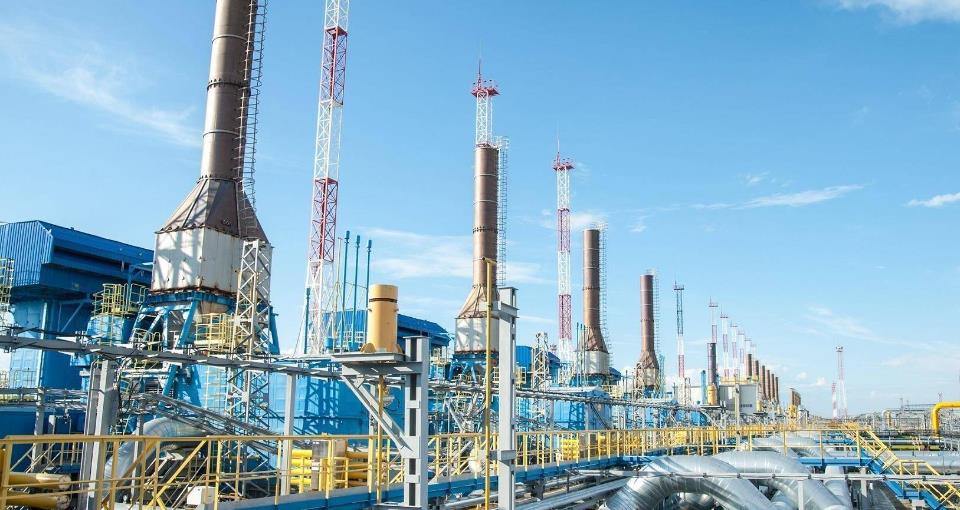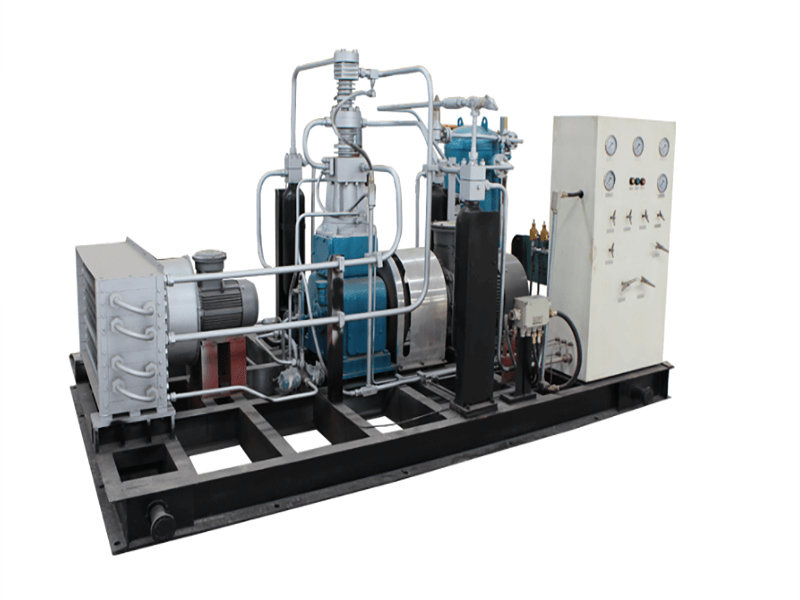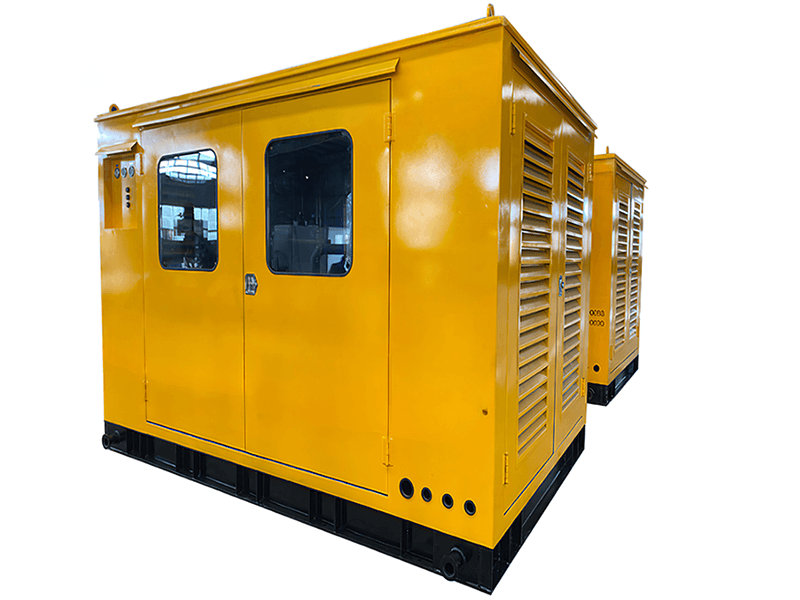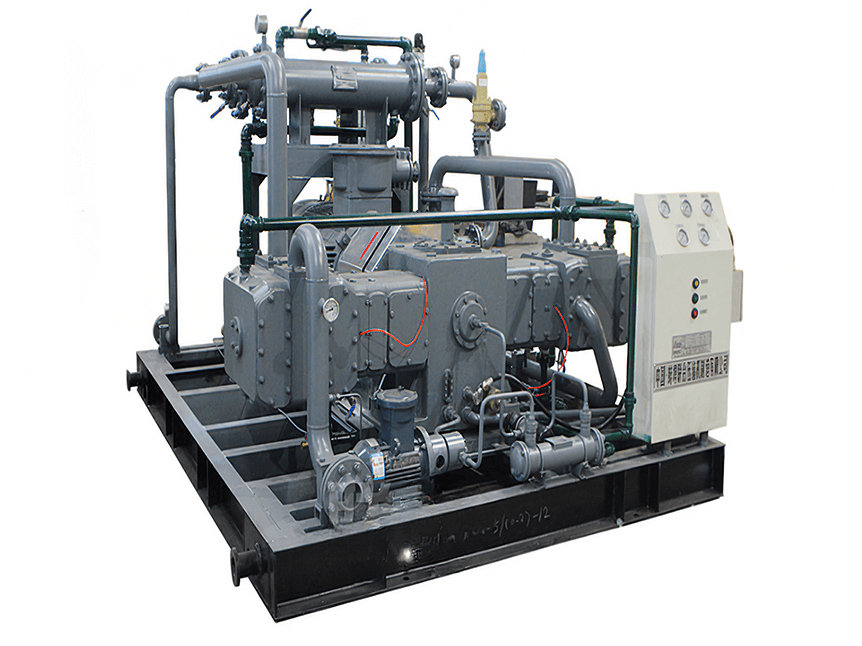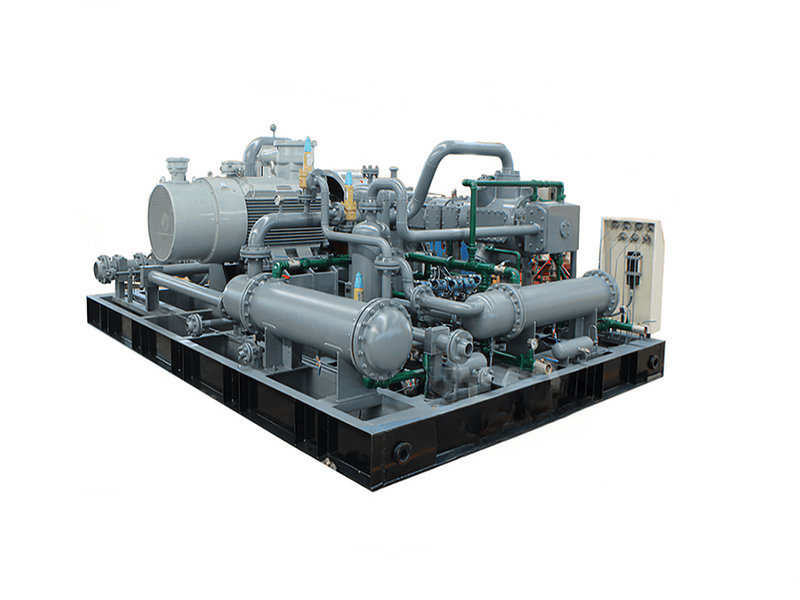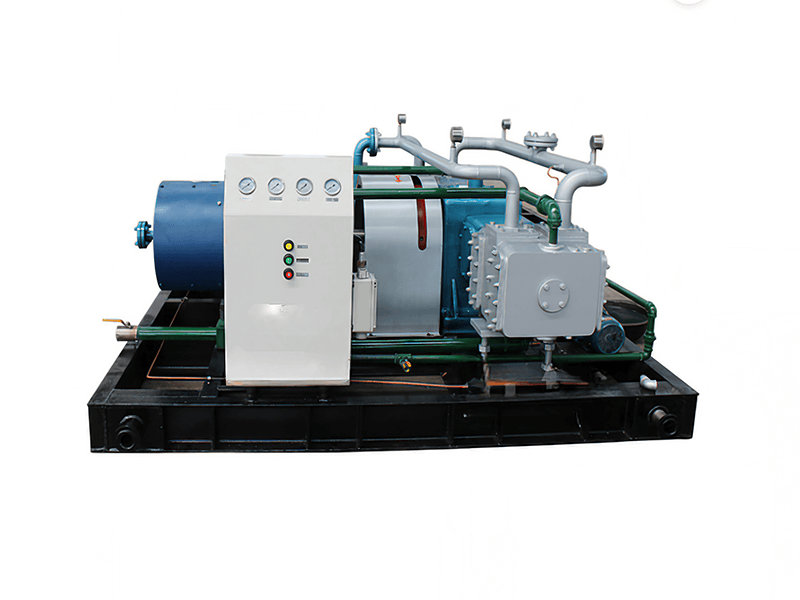Natural gas compressor leakage refers to the undesired escape or release of natural gas from the compressor system. It can occur at various points within the compressor, including seals, valves, fittings, connections, or other components. Compressor leakage can pose safety hazards, environmental concerns, and operational inefficiencies.
There can be several reasons for natural gas compressor leakage. Here are some common causes:
1. Seal Wear: Over time, the seals in the compressor can wear out due to friction, heat, and exposure to gas contaminants. As the seals deteriorate, they may develop gaps or cracks, leading to gas leakage.
2. Improper Installation: If the compressor is not installed correctly, with improper alignment or inadequate sealing, it can result in leakage at connection points or gaskets.
3. Mechanical Failure: Components such as valves, fittings, or piping within the compressor system can experience mechanical failure, leading to gas leakage. This can be caused by issues such as corrosion, fatigue, or stress on the components.
4. Vibration and Stress: Vibrations generated during compressor operation can cause stress on the equipment, leading to loosening of fittings or connections over time. This can result in gas leaks.
5. High Pressure or Temperature: Excessive pressure or temperature beyond the compressor's design limits can cause damage to seals, gaskets, or other components, resulting in leakage.
6. Poor Maintenance: Inadequate or irregular maintenance practices can contribute to compressor leakage. Lack of routine inspections, lubrication, and timely replacement of worn-out parts can increase the likelihood of leaks.
7. Contaminants and Corrosion: Natural gas may contain impurities or corrosive agents that can accelerate the deterioration of seals, gaskets, and other components, leading to leakage.
8. Design or Manufacturing Defects: In some cases, compressor leakage may be the result of design flaws or manufacturing defects in the equipment itself. These issues can include insufficient sealing, weak materials, or inadequate quality control during production.

9. Improper Torque: Inadequate or uneven torque applied during the installation of bolts, fasteners, or flanges can result in imperfect sealing and subsequent gas leakage.
10. Pipe or Equipment Misalignment: Misalignment of pipes, connections, or equipment can cause stress on the compressor system, leading to leaks at the joints or connections.
11. Wear and Tear: Continuous operation and cyclic loading of the compressor components can cause wear and tear over time. This can result in the degradation of seals, gaskets, or other critical parts, leading to gas leakage.
12. External Damage: Physical damage to the compressor, such as impacts, abrasions, or exposure to harsh environmental conditions, can compromise the integrity of the equipment and cause leaks.
13. Operational Overload: Operating the compressor beyond its recommended capacity or with excessive pressure differentials can put additional stress on the system, leading to increased chances of leakage.
14. Aging Infrastructure: Older compressor systems may be more prone to leakage due to the effects of aging, including corrosion, material fatigue, and degradation of seals and gaskets.
15. Human Error: Errors during maintenance, repair, or operation, such as improper assembly, incorrect valve settings, or mishandling of components, can result in gas leakage from the compressor.
It's important to note that addressing compressor leakage should be done by trained professionals with knowledge of the specific compressor system and safety protocols. Regular inspection, maintenance, and adherence to industry standards and guidelines can help minimize the risk of leakage and ensure the safe and efficient operation of natural gas compressors.
Avoid natural gas compressor leakage
To avoid natural gas compressor leakage and ensure the safe and efficient operation of the compressor system, here are some preventive measures:
1. Regular Inspection and Maintenance: Implement a routine inspection and maintenance schedule for the compressor system. This includes checking seals, gaskets, valves, fittings, and other components for signs of wear, damage, or degradation. Replace any worn-out or damaged parts promptly.
2. Proper Installation: Ensure that the compressor and its associated components are installed correctly, following the manufacturer's guidelines. Use proper torque values during installation to achieve adequate sealing and prevent leakage at connection points.
3. Adequate Sealing: Use high-quality seals, gaskets, and packing materials that are suitable for natural gas applications. Select materials that are resistant to gas contaminants and can withstand the operating conditions of the compressor.
4. Regular Lubrication: Follow the manufacturer's recommendations for lubrication of moving parts within the compressor. Proper lubrication helps reduce friction, wear, and seal degradation, thereby minimizing the risk of leakage.
5. Maintain Proper Operating Parameters: Operate the compressor within its specified design limits, including pressure, temperature, and flow rates. Avoid overloading the compressor, as excessive stress and pressure differentials can lead to leakage.
6. Training and Operator Awareness: Ensure that operators are properly trained in the operation and maintenance of the compressor system. Emphasize the importance of detecting and reporting any signs of leakage promptly.
7. Implement Leak Detection Systems: Install appropriate leak detection systems, such as gas detectors or monitoring equipment, to provide early warning of any gas leakage. Regularly test and calibrate these systems to ensure their effectiveness.
8. Contaminant Control: Implement effective measures to remove or minimize contaminants from the natural gas stream. This can include the use of filters, separators, or other treatment equipment to prevent the accumulation of particles or corrosive agents that can contribute to compressor leakage.
9. Compliance with Regulations and Standards: Adhere to relevant safety and environmental regulations, codes, and industry standards for natural gas compression. Follow best practices and guidelines provided by industry organizations and regulatory bodies.
By implementing these preventive measures and maintaining a proactive approach to compressor maintenance and operation, you can reduce the likelihood of natural gas compressor leakage and ensure the safety and efficiency of the system. Regular monitoring, timely repairs, and adherence to industry standards are key to preventing and addressing potential leakage issues.




